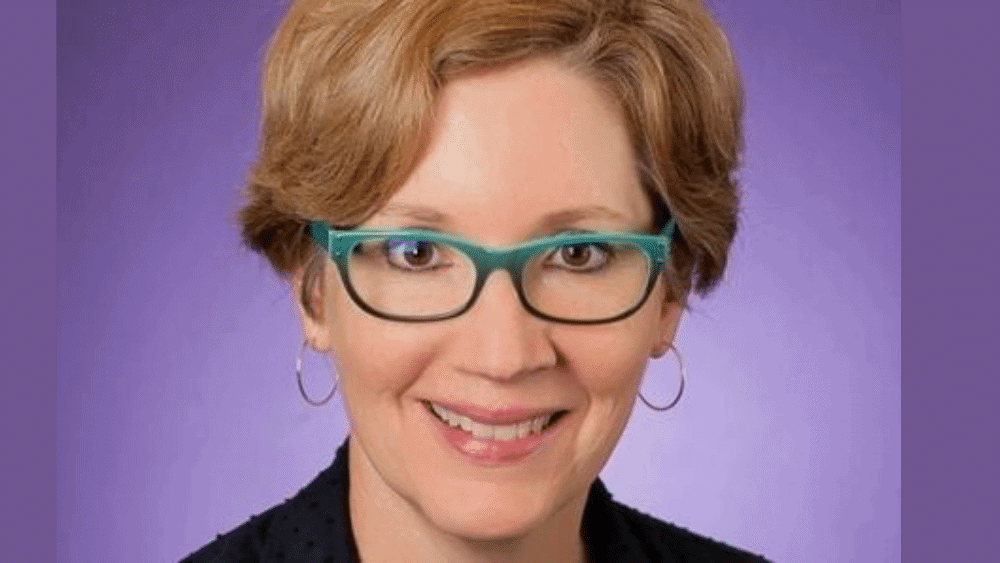Jacqueline Lambiase, Ph.D. is a professor and chair of the Department of Strategic Communication at Texas Christian University.
I attended the very first Nonprofit Communicators Conference when it was hosted at the University of North Texas and have had the opportunity to be involved with it in different ways since then. This year Authentic Web Solutions is proud to help out by serving as the breakfast sponsor. Recently, I had the chance to talk with conference co-founder Dr. Jacqueline Lambiase to get her thoughts about the conference and communication in general.
Q. You originally founded this conference with Ashley Hyder English in 2009. What was the need for a conference like this?
A. We realized there was a lot of training for volunteer management and fundraising, but very little for communicators in nonprofits. At that time, Ashley was working for Volunteer Now (formerly the Volunteer Center of North Texas), so she was in the middle of that community and knew where the gaps were. I just jumped in to help her.
Q. Although the focus is on nonprofit communicators, would this conference benefit other communicators and if so, how?
A. Many of the topics we discuss are of use to any communicator, and we often have participants from government and educational institutions, who are working in similar settings as nonprofits.
Q. This year’s theme is “Build Your Network.” What is the significance of that?
A. Your network is everything, and I sometimes believe that people get caught up in their own silos and small spaces, feeling isolated. We want to tap professionals on the shoulder, asking them to think more deeply about their networks so that they can leverage them to the utmost.
Q. What would you consider the top 5 communication challenges for nonprofits? What or how do these differ from communication challenges that other organizations face?
A. They are similar to other types of organizations, but these challenges are particularly hard on nonprofits: lack of resources, too much work, too many hats to wear for one professional, burnout, and unwillingness to change. Innovation is important for every organization, but volunteers and board members who have been involved with their favorite causes for a long time may find it hard to seek out new resources, routines, and rituals to keep their causes on sound footing.
Q. Obviously, our company is in the business of website design and development. What are your thoughts on the role of websites in nonprofit communication?
A. Websites continue to be seen as the most important single vehicle of communication for many organizations, and recent studies show that websites are the technology for the future, despite the move to apps, mobile, and social media. Websites are the hub for every organization, where its fullest story is told and where resources are most easily available for sharing.
Q. What are the top 5 areas you would encourage communicators to develop or expand their skills and/or knowledge in?
A. The biggest one would be to focus more on strategy than on tactics. I would encourage communicators to learn more about metrics, the audiences that they may not be reaching, research about those audiences, and content marketing.
Q. You may remember that I am a member of Toastmasters International. I am curious what you think of an organization that focuses on building public speaking and leadership skills. Do you think Toastmasters is still relevant in our current society?
A. Public speaking is really important, especially in the age of video and Facebook Live. Anything that helps to promote better presentations and public speaking would be helpful to today’s communicators.
We hope you will consider joining us for the TCU Nonprofit Communicators Conference on Thursday, May 18, 2017. At $40 for the whole day, this conference is a steal of a deal.


